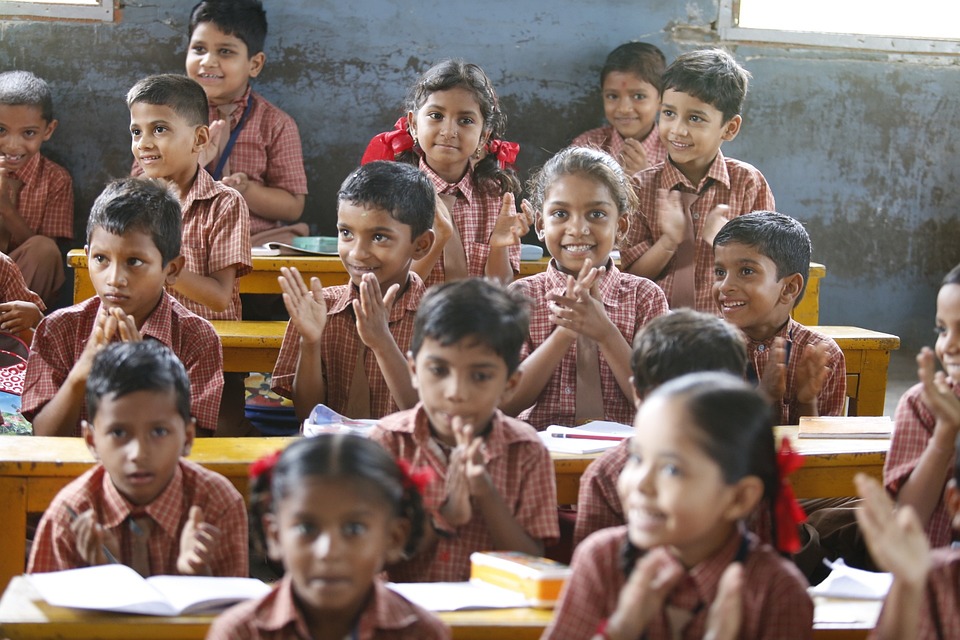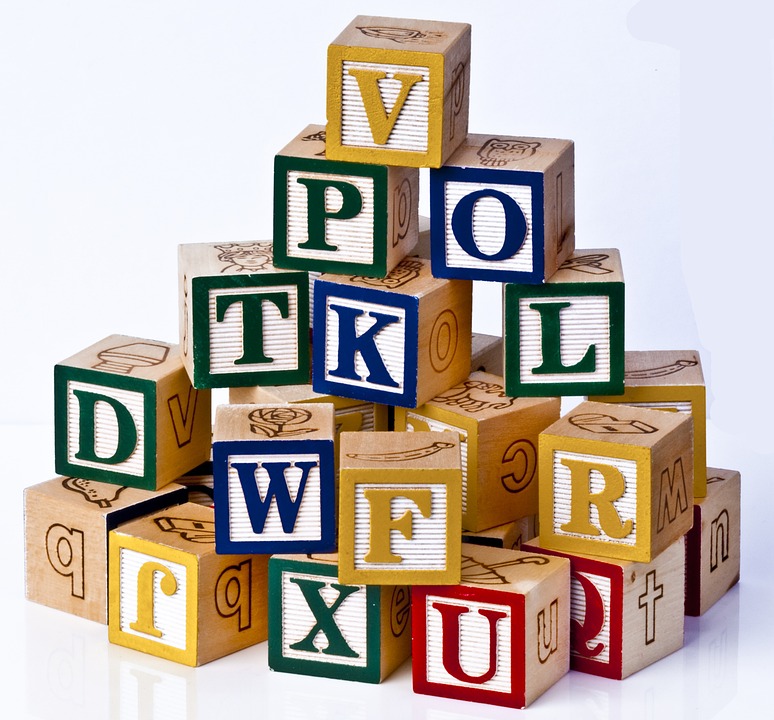Becoming a Global Citizen with International Education in Indonesia
In today’s globalized world, it is essential for students to have an international perspective in order to compete in the global marketplace. International education in Indonesia plays a crucial role in shaping students to become global citizens who are equipped with the skills and knowledge needed to thrive in an increasingly interconnected world.
One of the key benefits of international education is the exposure to diverse cultures and perspectives. By interacting with students from different backgrounds and nationalities, students gain a deeper understanding of global issues and develop empathy and tolerance towards people from different walks of life. This cross-cultural exchange not only enriches students’ personal growth but also prepares them to navigate the complexities of an interconnected world.
Furthermore, international education in Indonesia provides students with opportunities to develop essential skills such as critical thinking, communication, and collaboration. These skills are highly valued in today’s global economy, where employers are seeking individuals who can think creatively, communicate effectively, and work well in diverse teams. By receiving an international education, students are better equipped to meet the demands of the global workforce and contribute meaningfully to the global community.
Additionally, international education in Indonesia offers students the chance to learn from world-class educators and access cutting-edge resources and technologies. This exposure to high-quality education not only enhances students’ academic performance but also instills in them a desire for lifelong learning and personal growth. By receiving an international education, students are empowered to pursue their passions and achieve their full potential, both academically and professionally.
In conclusion, international education in Indonesia plays a vital role in shaping students to become global citizens who are prepared to thrive in the globalized world. By providing students with exposure to diverse cultures, essential skills, and world-class education, international education equips students with the knowledge and tools they need to succeed in the 21st century. As Indonesia continues to embrace globalization, investing in international education is key to ensuring that students are equipped to compete and excel on the global stage.
References:
1. Leask, B. (2015). Internationalisation of the curriculum. In R. Coelen & T. Egron-Polak (Eds.), Internationalisation of higher education: An analysis through spatial, network, and mobilities theories (pp. 51-64). Springer.
2. Marginson, S. (2011). Higher education and the common good. Melbourne Centre for the Study of Higher Education.
3. UNESCO. (2019). Global citizenship education: Topics and learning objectives. Paris: UNESCO.










